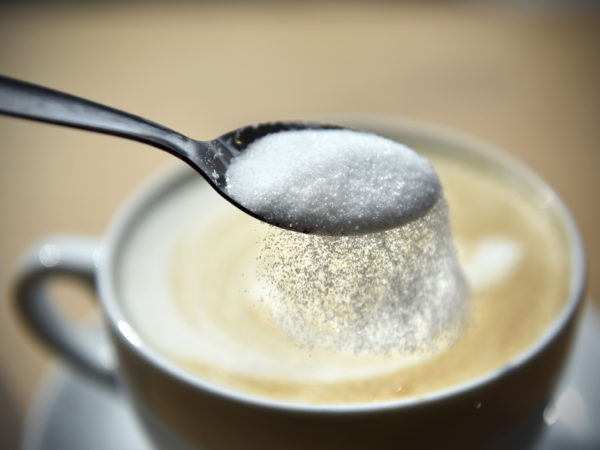
It has been suggested by some psychologists that supernormal stimuli in sugar substitutes and the responses which they provoke may be a factor in the obesity epidemic. However, sugar substitutes are actually not so super sweet reported Science Daily. According to food scientists participants in a recent study have indicated that non-nutritive sugar substitutes are not any sweeter than real sugar.
Penn State reports common sugar substitutes are often described as being a lot more intense than sugar. But according to Penn State food scientists non-nutritive sugar substitutes are not any sweeter than real sugar. Participants in the study compared the taste of non-nutritive sweeteners which are often used as low- or no-calorie sugar substitutes with those of nutritive sweeteners, such as sugar or maple syrup. The non-nutritive sweeteners such as aspartame, which is marketed as NutraSweet, were perceived as being sweet at lower concentrations than real sugar. However, the intensity of these sensations was found not to be any sweeter than sugar and other nutritive sweeteners.
John Hayes, assistant professor, food science and director of the Sensory Evaluation Center at Penn State, says the assumption that these artificial sweeteners are excessively sweet could be because potency and intensity are confused. Although real sugar is less potent than non-nutritive sweeteners it actually causes more intense sensations of sweetness. Hayes says the marketing of non-nutritive sweeteners as high-intensity sweeteners is actually misleading.
This study has been published in the International Journal of Obesity. The claim that non-nutritive sweeteners are a great deal sweeter than sugar has the implicit implication that high-potency sweeteners consist of supernormal stimuli which nurture exaggerated responses. This research shows that non-nutritive sweeteners are not actually supernormal stimuli.
This research therefore does not support the popular assumption that non-nutritive sweeteners hijack or over-stimulate our natural drive to consume sweet foods therefore leading us to overeat. In order to effectively fight obesity it therefore as usual appears wise to eat nutritious low calorie, low sugar and low fat foods and live an active lifestyle.














